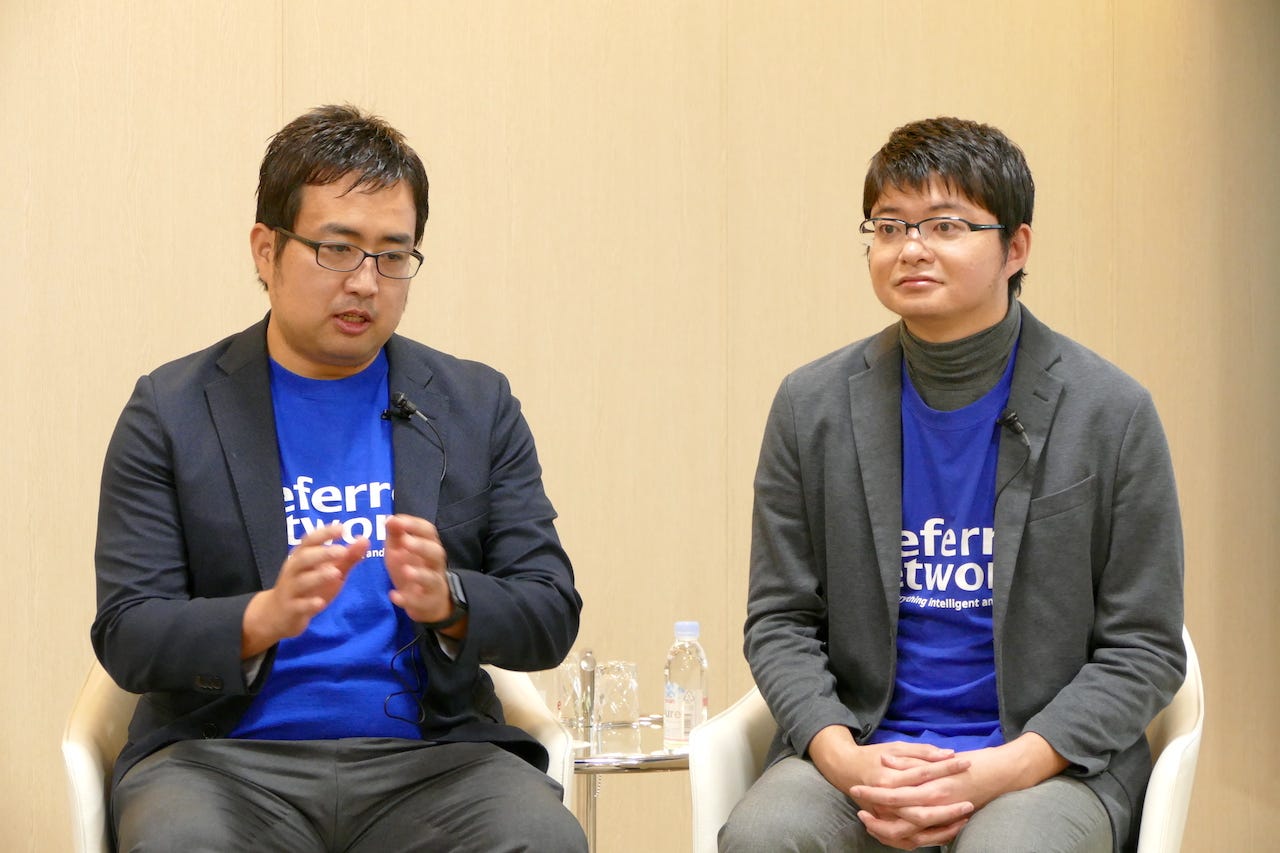U.S. film tariff proposal poses risk to anime
Plus: Webtoon adds new discovery features to platform; Southern France theme park builds 'Naruto' roller coaster; Anime, manga companies invest in AI unicorn; and more
This is your weekly Animenomics briefing, covering the business of anime and manga. Today is Wednesday, May 7, 2025.
In case you missed it: Private equity giant Blackstone is selling the IT services arm of Infocom, the parent of Mecha Comic digital manga platform operator Amutus, to NS Solutions for ¥55 billion (US$384 million).
Why it matters: The sale allows Blackstone to focus on Amutus’s operations as a digital manga production company after last year’s acquisition.
Anime companies brace for shift in U.S. tariff policy
United States president Donald Trump has proposed tariffs on films produced abroad, broadening his trade war with much of the rest of the world by going beyond limiting the manufactured goods trade and into services.
Why it matters: Restrictions on international services trade like film production could escalate into trade restrictions on all entertainment-related services, harming content-exporting countries like Japan.
To be clear, draft plans obtained by Deadline show that tariffs are more likely to affect U.S. productions that shoot abroad like Netflix’s live-action One Piece than entirely foreign productions like most anime.
What’s at stake: The U.S. imports more Japanese entertainment media today than at any point in the last 20 years, according to an Animenomics review of trade data from the Bureau of Economic Analysis.
Audiovisual imports from Japan rose sharply beginning in 2016, overtook U.S. audiovisual exports even before the COVID-19 pandemic, and now exceeds those exports by about US$666 million.
The bigger picture: The rise began around the same time that anime industry revenues abroad began to grow in the mid-2010s.
The other side: Growing demand for Japanese entertainment properties abroad has already driven up the price of Japanese entertainment stocks.
A video game and anime exchange-traded fund was Japan’s best-performing ETF last year, the Nikkei financial newspaper reports.
“Anime and games are currently export-dependent industries that rely on foreign countries for a significant portion of their sales,” anime industry expert Tadashi Sudo writes in a recent column on Anime Hack. “It’s one of the few areas where investors can invest their money with confidence.”
The bottom line: Sudo sees uncertainty about the future as the biggest risk posed by the Trump administration.
“If growth expectations fade, that will translate into falling stock prices,” he warns.
What we’re (still) watching: As previously reported by Animenomics, a deepening trade war could push Japan’s anime companies to shift growth efforts from North America to emerging markets with fewer trade barriers.
“Compared to 20 years ago, Japanese anime companies now have easier access to overseas markets, and there are untapped secondary markets for anime and characters,” Sudo asserts.
Webtoon adds discovery tools as platform titles grow
Webcomic platform Webtoon will introduce personalized recommendations and new features to improve how users discover new titles, Nasdaq-listed operator Webtoon Entertainment announced on Tuesday.
Why it matters: The number of webcomic titles distributed by Webtoon jumped 20 percent last year, according to a recent report by the Korea Manhwa Contents Agency, making investments in discovery necessary for users engage with new content.
How it works: The new recommendation engine analyzes data from user onboarding, reading history, and preferred genres using artificial intelligence, then displays title recommendations to Webtoon readers on the mobile application’s home screen.
Webtoon will also add preview videos promoting new releases and trending titles similar to trailers seen in video streaming services.
An updated search function will also allow users to discover works using themes and keywords rather than title matches.
What they’re saying: “We’re making the Webtoon experience more like browsing the world’s most immersive streaming and entertainment platforms,” chief strategy officer and head of global Yongsoo Kim said in a statement.
“We’ve already seen very positive responses in our testing,” a spokesperson for Webtoon told Animenomics. “In tests for these changes, we saw a 9.3 percent increase in the number of episodes read for those in the test group.”
Zoom out: Webtoon wants to increase engagement among audiences of traditional anime and manga, announcing earlier this year a plan to develop 20 webcomic titles into anime.
Webtoon also said last week it’s bringing manga titles Fullmetal Alchemist and From Old Country Bumpkin to Master Swordsman onto the platform in new formats as vertically scrolling webcomics.
Clippings: ‘Naruto’ roller coaster being built in France

A Naruto theme park attraction that replicates the story’s village of Konohagakure has begun construction in southern France. The section is scheduled to open in 2026, says theme park operator Parc Spirou Provence. (Parc Spirou Provence via LinkedIn)
LINE Digital Frontier recorded an operating profit of ¥2.38 billion (US$16.5 million) in the fiscal year ending in December. This is the first time the LINE Manga operator and Naver Webtoon subsidiary has reported an operating profit since 2019. (Gamebiz)
The Association of Japan Animations has added anime studio MAPPA as a regular member and two others as associate members of the organization in a move that continues to open the group to newer companies. (Animation Business Journal)
Anime and video game retailer Surugaya has renamed its parent entity from A-Too to Surugaya to reflect the company’s growing brand recognition as a specialty retailer amid growing demand for anime and video game merchandise. (Press release)
A Chiikawa theme park based on the popular comic strip character will open in Tokyo later this year. (Oricon News)
Toei Animation, Kodansha, TBS invest in AI tech unicorn

Japan’s leading artificial intelligence startup Preferred Networks has received ¥5 billion (US$34.8 million) in equity funding from a consortium led by Kodansha, TBS, and Toei Animation.
Why it matters: These are the first investments by major entertainment companies in Preferred Networks, Japan’s largest unicorn startup working in AI.
The company develops processors and AI-based technologies that use them, such as deep learning applications for anime, manga, and illustration production.
Rewind: As previously reported by Animenomics, Toei Animation has worked with AI tools built by Preferred Networks and experimented including it in anime production workflows.
In 2019, Preferred Networks participated in a production committee of the anime film The Relative Worlds and supplied AI-based technology used in its making.
What’s next: Toei Animation said last week that it’s exploring the creation of a joint venture with Preferred Networks to develop AI solutions that will improve operational efficiency at the studio.
Kodansha plans to include Preferred Networks technologies in the manga editing process, and TBS will also seek to identify efficiencies by using the tools, per the Animation Business Journal.
Animenomics is an independently run and reader-supported publication. If you enjoyed this newsletter, consider sharing it with others.





I wonder if the collateral effects of the tariffs will eventually lead to japanese companies starting to look further at Europe and Latin-America as potential places to get their works overseas...
(and also hopefully get companies from said continents to start investing in production committees, much in the same vein of Miyu Productions, which is based in France)